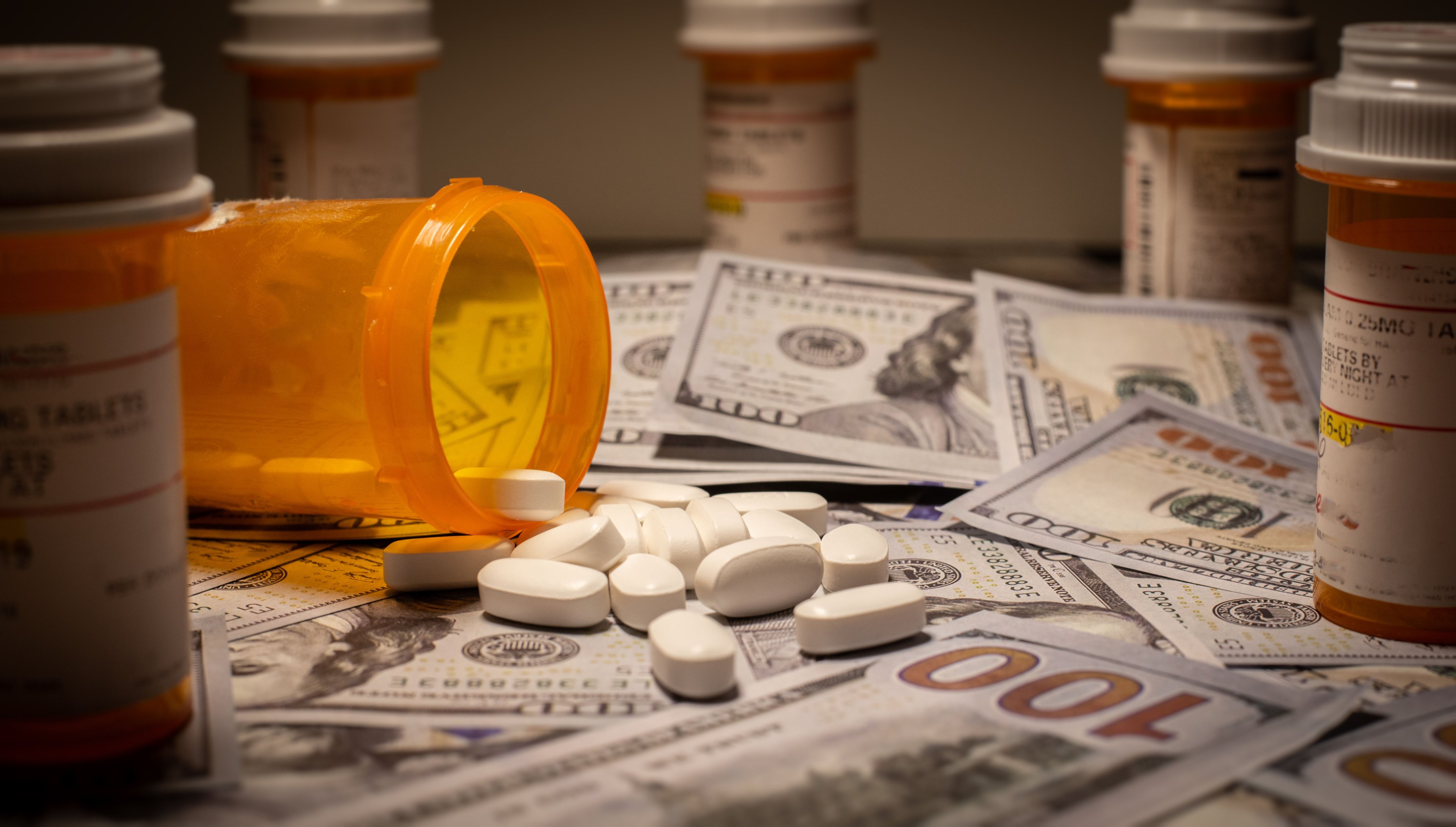What happened
Shares of Alnylam Pharmaceuticals (ALNY 1.01%) gained over 35% last month, according to data provided by S&P Global Market Intelligence. The company surprised investors by earning marketing approval for Givlaari (givosiran) in a rare disease called acute hepatic porphyria only four months after submitting a new drug application (NDA). Investors weren't expecting the U.S. Food and Drug Administration (FDA) to make a decision until the first half of 2020.
The announcement forced Wall Street analysts to scramble to update their financial models for the company, which sent the pharma stock soaring. More important, however, is that Givlaari became the first drug based on a targeted RNA interference (RNAi) approach to earn regulatory approval. That's something investors may want to sit up and pay closer attention to.

Image source: Getty Images.
So what
Alnylam Pharmaceuticals now owns the only two approved drugs based on RNAi: Onpattro (patisiran) and Gilvaari. The latter is the first to use a targeted delivery approach called GalNAc-conjugation, which links the gene-silencing molecule at the heart of the RNAi approach to a sugar that is rapidly and efficiently absorbed by the liver. The sugar gets metabolized by the liver, while the gene-silencing payload gets to work turning down the expression of certain disease-driving genes harbored in liver cells.
The targeted delivery approach has the potential to enable relatively safe therapies for ailments ranging from cardiovascular disease to viral infections to a number of rare diseases. That could allow RNAi therapeutics, which can be dosed weeks or months apart, to become an important new paradigm in precision genetic medicines.
Now what
Alnylam Pharmaceuticals is now all-in on the GalNAc-conjugation method, while peers Arrowhead Pharmaceuticals and Dicerna Pharmaceuticals are developing targeted delivery processes based on the same principles. All three appear to be a bit overvalued at the moment. That said, if Alnylam Pharmaceuticals continues to grow product revenue and delivers on its 2020 goals of exiting the year with four approved drug products (wholly owned and with partners), then it could grow into its monstrous $13 billion market valuation in the next few years.






